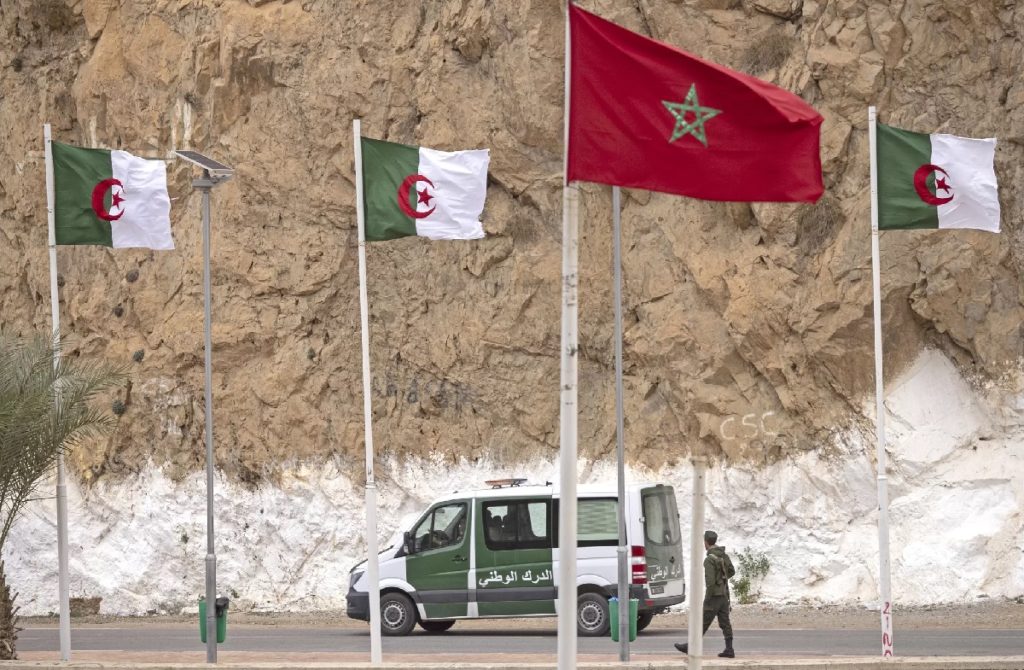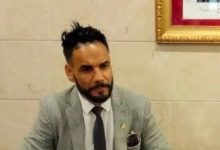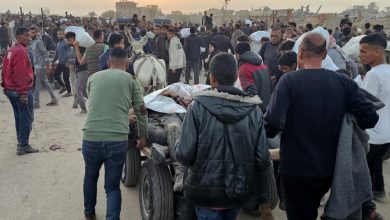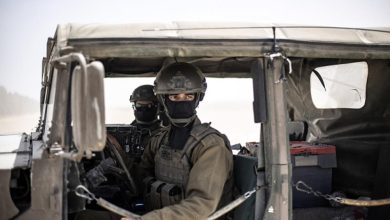Algeria Urges UN Action for Western Sahara Refugees’ Right to Self-Determination
Calls Intensify for a Free Referendum Amid Rising Concerns Over Prolonged Displacement and Humanitarian Failures.

Watan-Amid developments surrounding the Western Sahara issue, Algeria called from the UN Security Council platform for a permanent solution for the Sahrawi refugees it has hosted for over half a century in camps in Tindouf, emphasizing the need to enable them to “exercise their right to self-determination through a free and fair referendum.”
During a UN Security Council meeting on migration and refugees, Algeria’s Permanent Representative to the UN, Ammar Benjama, stressed that despite the immense challenges, “Algeria, in cooperation with UN agencies and humanitarian partners, has consistently ensured access to basic services for Sahrawi refugees,” who urgently need “a lasting solution that includes exercising their inalienable right to self-determination through a free and fair referendum, in accordance with international law and Security Council resolutions.”
The ambassador emphasized that “for over half a century, Algeria has hosted Sahrawi refugees in Tindouf camps after they were forcibly displaced due to Morocco’s occupation of their ancestral land.” He stressed that “the decision regarding the future of the Sahrawi refugees must always be theirs. Their right to self-determination is inalienable and should not be subject to any negotiation under any circumstances.”

Regarding President Donald Trump’s 2020 recognition of Moroccan sovereignty over Western Sahara, Boulos clarified that while it granted Morocco sovereignty, it also emphasized dialogue and finding a mutually satisfactory solution, leaving the door open for negotiations.
Meanwhile, Benjama highlighted the worsening global displacement crisis, blaming ongoing conflicts, declining international funding, and global failures to address migrant needs. He stressed that “addressing this failure is a shared responsibility that must be carried out fairly and equitably by the international community.”
In his remarks, he reaffirmed the commitment to the Global Compact on Refugees, emphasizing the need for fair burden-sharing and strong support for host communities, regretting that refugees and host nations often feel abandoned and heavily burdened with limited support.
He asserted that “prevention remains the most effective strategy,” stressing the need to address the root causes of displacement, including armed conflict, foreign occupation, and underdevelopment.

Benjama emphasized that the global refugee crisis requires “urgent, coordinated, and sustainable action,” highlighting the importance of:
-
Guaranteeing the protection of refugees, particularly vulnerable groups like women and children, under international refugee law;
-
Mobilizing adequate funding for humanitarian agencies, warning that ongoing financial crises severely hinder their ability to provide essential services;
-
Recognizing that most refugee-hosting countries are developing nations, whose efforts must be supported by international donors as part of a collective responsibility based on global solidarity;
-
Opposing the use of humanitarian aid as a political bargaining tool.
Finally, Benjama stressed the need to counter misinformation and xenophobia targeting refugees, warning that disinformation campaigns endanger refugee lives and fuel hostility and violence in host countries. He called for public awareness campaigns to promote accurate information and uphold refugee protection in line with international law.






